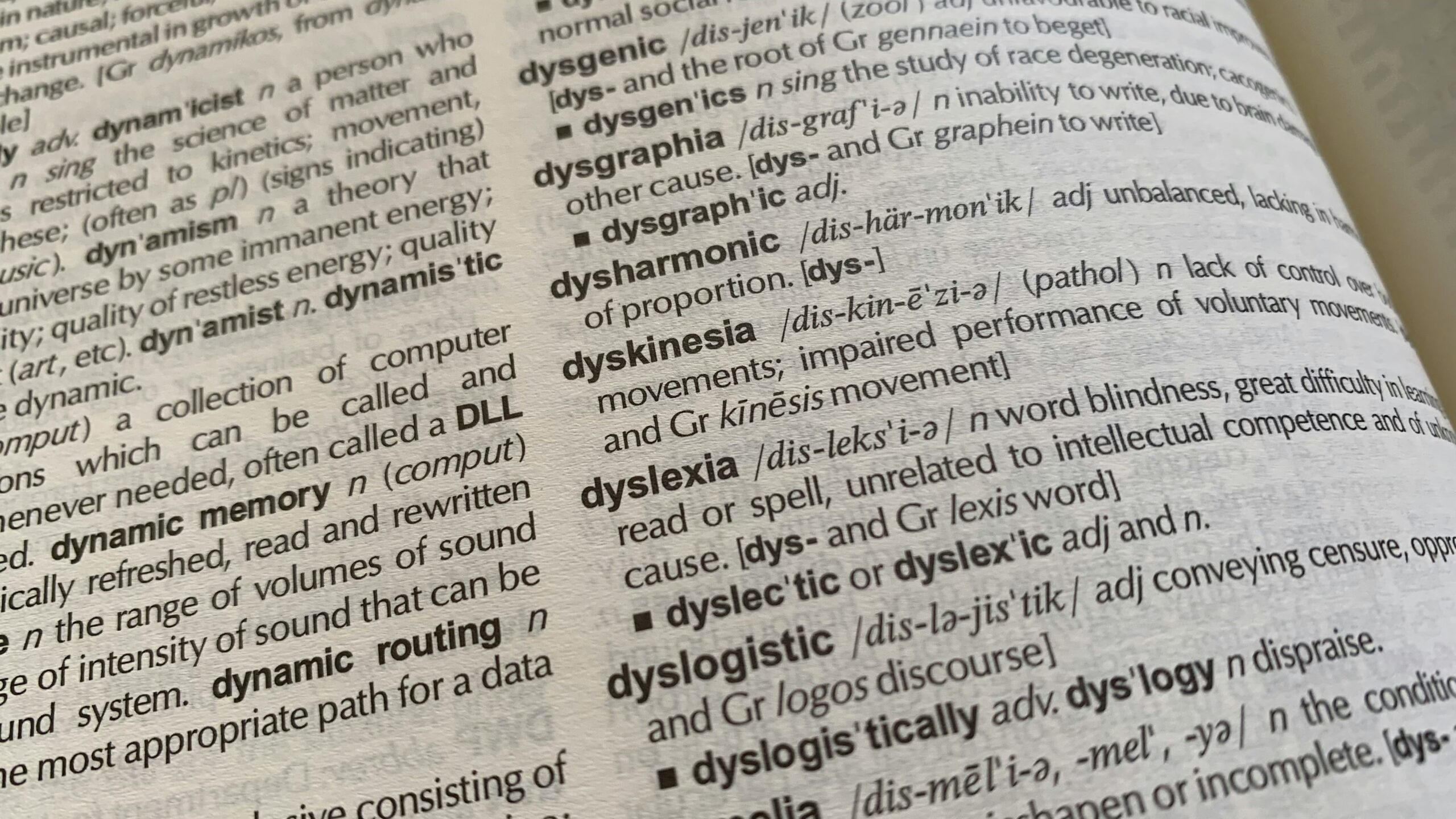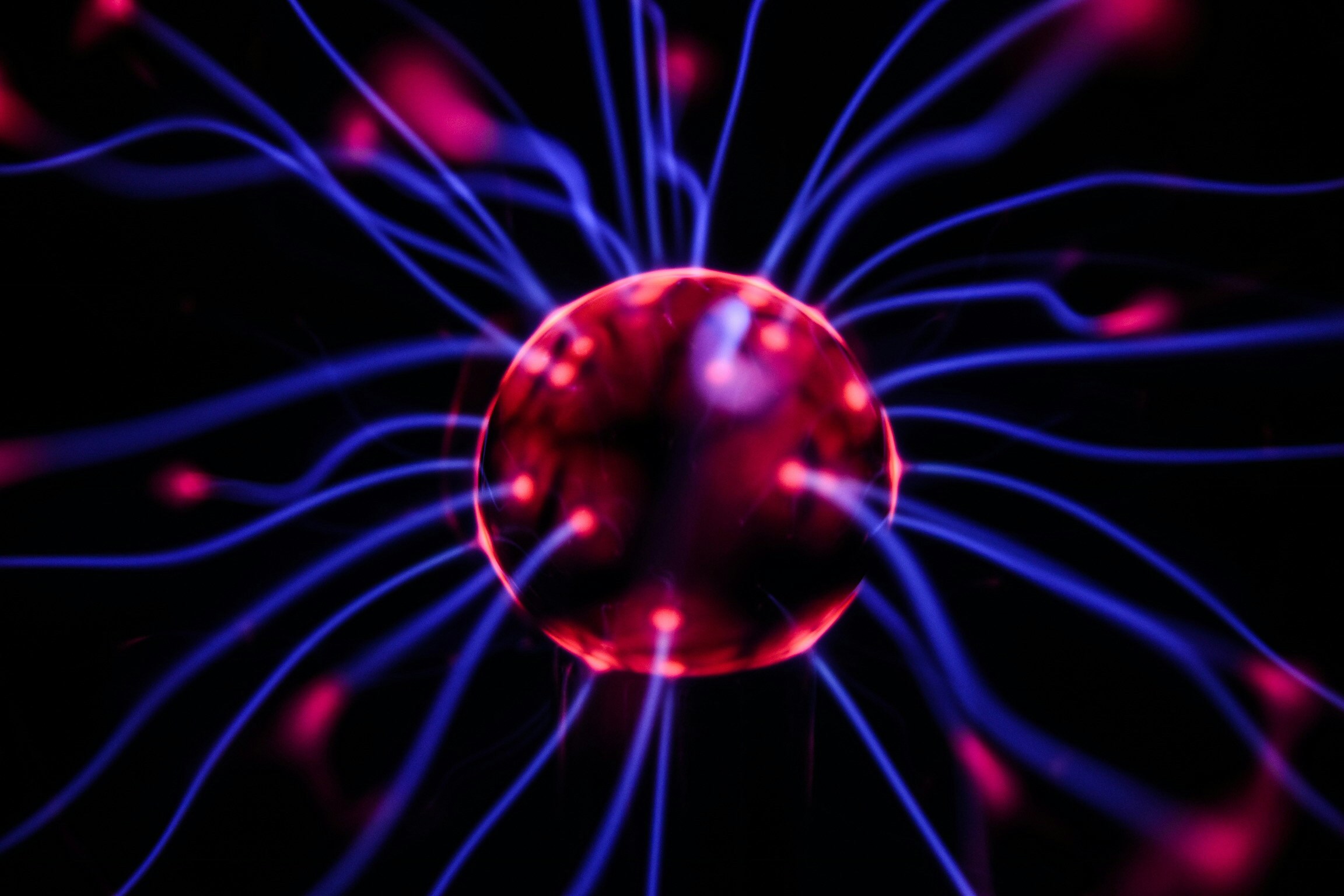01 Jul 2024
What is Sensory Overload?
Sensory overload, or overstimulation is something that everyone experiences from time to time. However, it impacts people with Autism and ADHD more frequently and more intensely. Experiencing sensory overload does not necessarily mean you have Autism or ADHD. Heightened sensory sensitivity can also be caused by other conditions like sensory processing disorder, Anxiety, PTSD and Tourette’s. In this guide, we’ll explain the causes of sensory overload, symptoms and potential triggers.
What is sensory overload?
Sensory overload is categorised by an intense feeling of overwhelm when the brain gets too much information from the senses – taste, touch, sight, sound or smell – and cannot process it. In autistic people, this can trigger a meltdown, whilst in others, it can trigger stress, anxiety and panic.
What triggers sensory overload?
Sensory overload triggers can vary from individual to individual, depending on the reason for their sensory sensitivity and other environmental and social factors. However, some common triggers include:
- Loud or disruptive noises: Noise can cause sensory overload in several ways. Loud, shrill sounds like an alarm or loud crowds can both cause sensory overload. However, noise doesn’t necessarily need to be loud to be overstimulating. Background noise can be overstimulating too, like the ticking of a clock, an office radio or the hum of a generator.
- Overload of visual information: Some people might find it difficult to process information in messy or cluttered environments. They can also be sensitive to bright lights or colours.
- Sensitivity to textures and touch: Sensory sensitivities can also be triggered by touch and texture. This could relate to the texture of different foods and drinks or could extend to physical interactions like hugging, kissing or shaking hands. It could also mean that the texture or tightness of certain pieces of clothing can trigger sensory overload.
- Taste and smells: Strong, unpleasant or unfamiliar tastes and smells can also cause overstimulation resulting in sensory overload.
- Change in routine: Unpredictable sensory inputs can trigger sensory overload. If the changes to the environment are unexpected it can be a shock to the sensory system.
- Fatigue: Tiredness can lower the threshold of sensory processing, increasing the likelihood of overstimulation.
What are the signs of sensory overload?
Sensory overload can affect individuals in different ways, including:
- Heightened irritability
- Feeling wound up
- Increased urge to self-stimulate
- Restlessness
- Physical discomfort
- Extreme fatigue
- Urge to block sensory signals
Sensory overload and neurodevelopmental conditions
Sensory overload is more common in people with neurodevelopmental conditions. Overstimulation is not necessarily a sign of ADHD or Autism. For instance, people with anxiety or PTSD often experience overstimulation as their nervous system is already in a heightened state of awareness and they have a lower threshold for stress. People with PTSD can relive their trauma if triggered by experiencing similar sights, sounds, touches or smells leading to sensory overload.
Sensory overload and ADHD
Individuals with ADHD are more likely to be affected by sensory stimuli. Although, overstimulation is not part of the diagnostic criteria for ADHD.
Generally, people with ADHD brains are more likely to struggle to decide which senses to pay attention to and which senses to tune out. As a result, people with ADHD may find it more difficult to stay still when experiencing sensory overload, it can also increase feelings of physical discomfort, irritability and headaches. It can lead to burnout and sleep issues such as exhaustion or insomnia.
Sensory overload and Autism
Sensory overload is common in people with autism, but they can also experience understimulation to sensory stimuli. Overstimulation in autism can result in restrictive behaviours. For example, they may have a restricted diet due to how certain food textures feel or avoid using perfumes, soaps or body wash. They may also find it difficult to ignore background noise and be particularly sensitive to crowds.
Overstimulation can cause increased stimming behaviours such as hand flapping or rocking backwards and forwards. It can also lead to a regression of skills and trigger an autistic meltdown or shutdown.
How can The Autism Service help?
Here at The Autism Service, we understand just how important it is for you or your child to access the support you need to thrive. That’s why we carry out the highest standard of autism and ADHD testing available. Find out more about our assessments for both adults and children. Find your nearest clinic today.
Ready to book an assessment?
The Autism Service is committed to expanding its network of clinics to enable clients to access timely gold-standard assessments in their area.
Related posts

30 Dec, 2024
ADHD and Dyslexia: Similarities & Differences

30 Dec, 2024
ADHD and Dyspraxia: Similarities & Differences

28 Nov, 2024
Autism and Bedtime

31 Jul, 2024